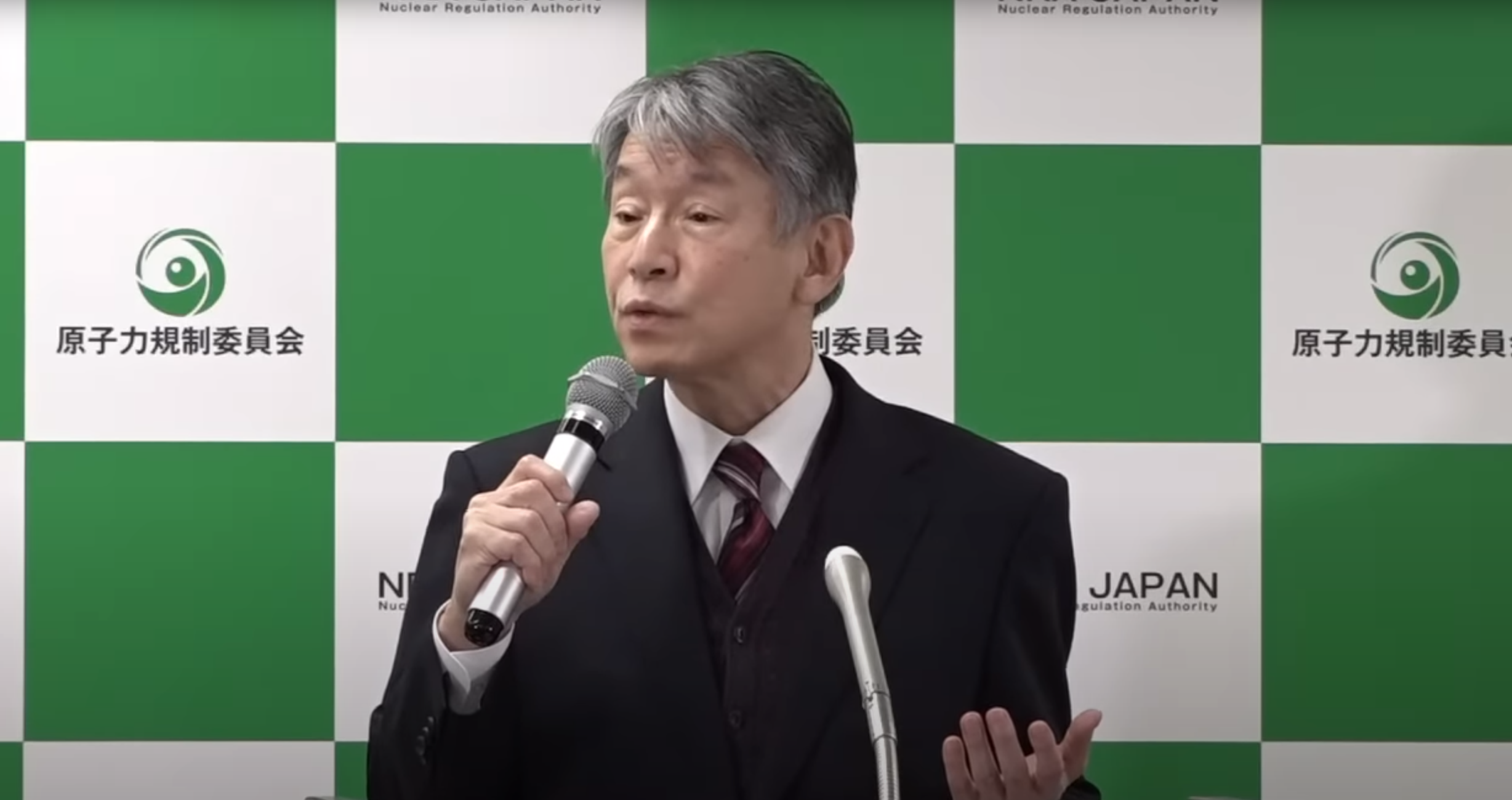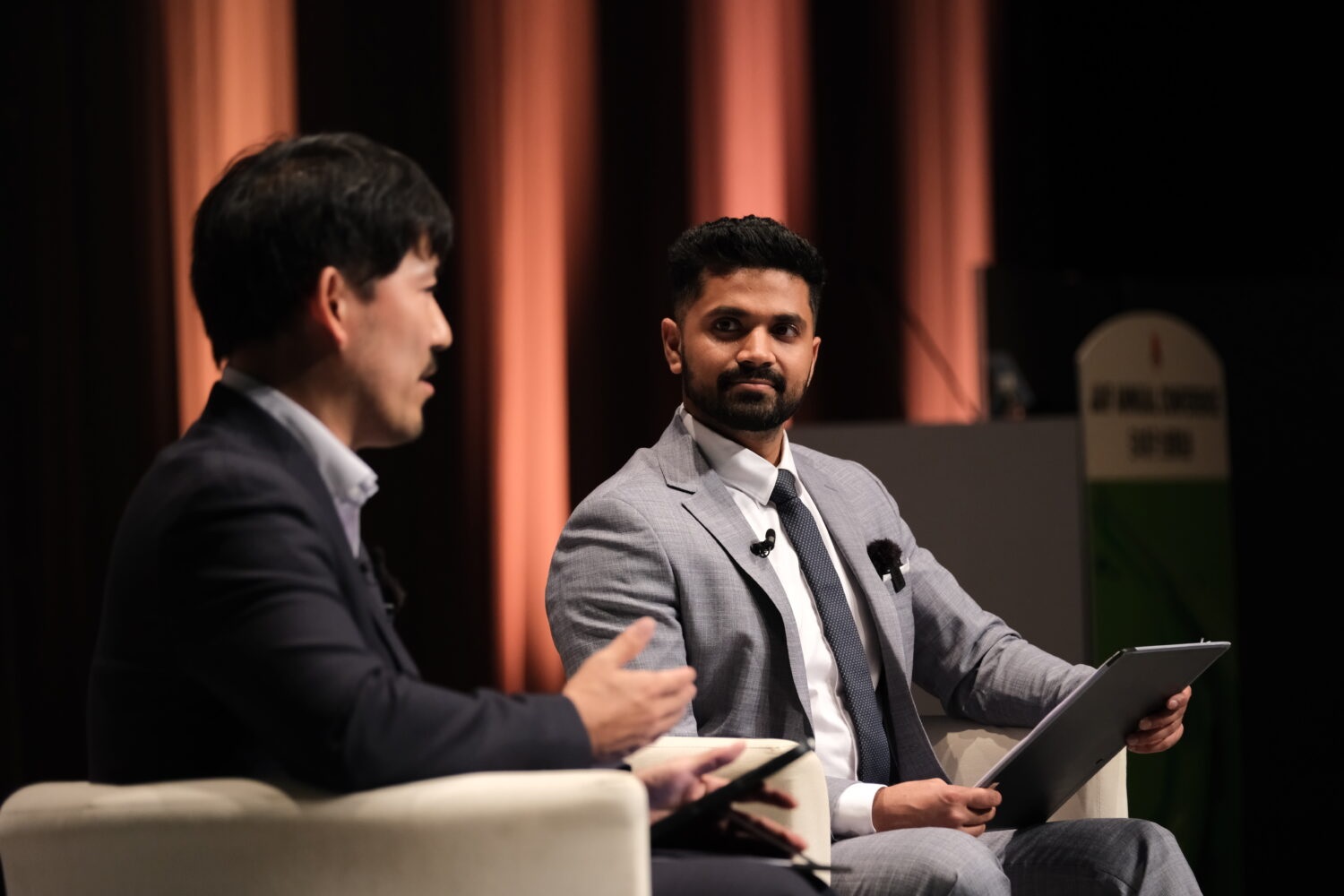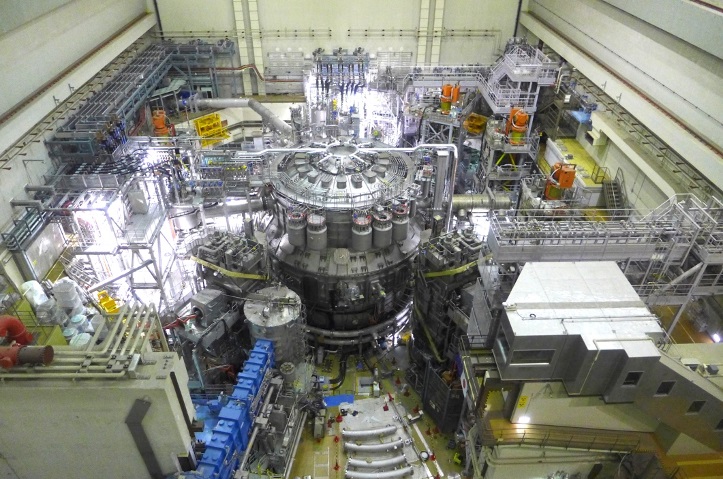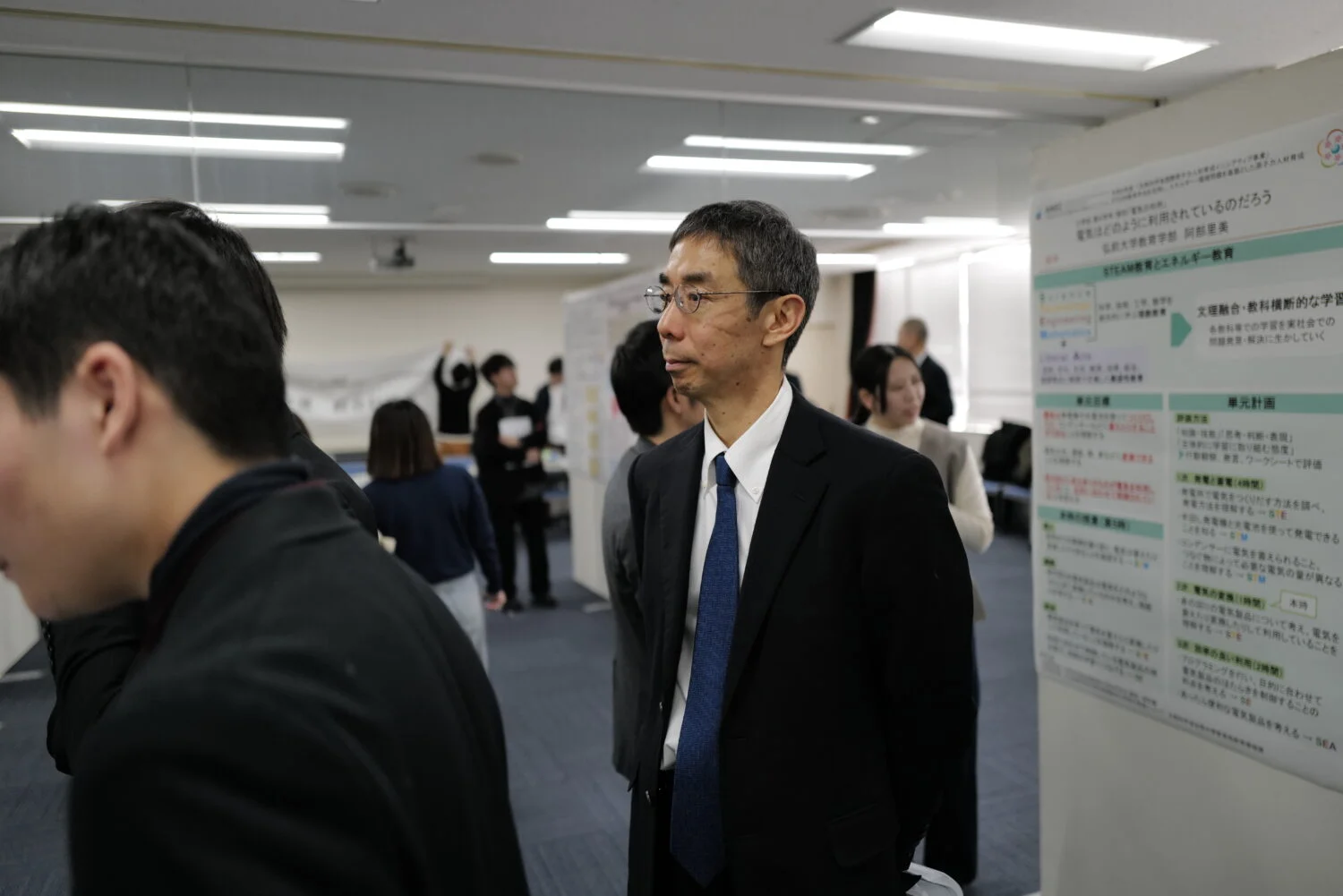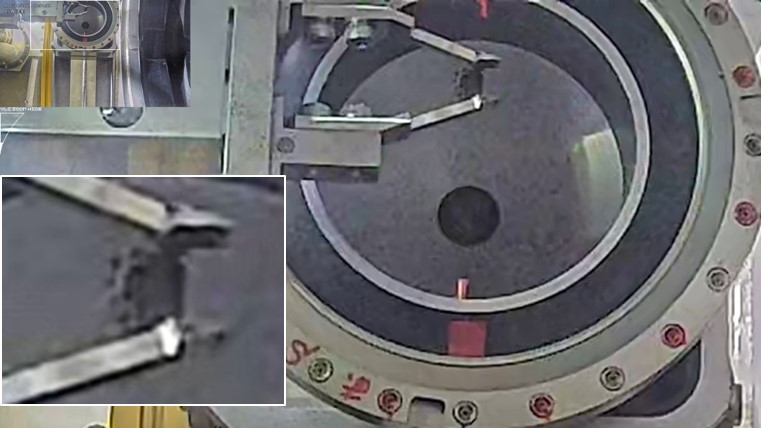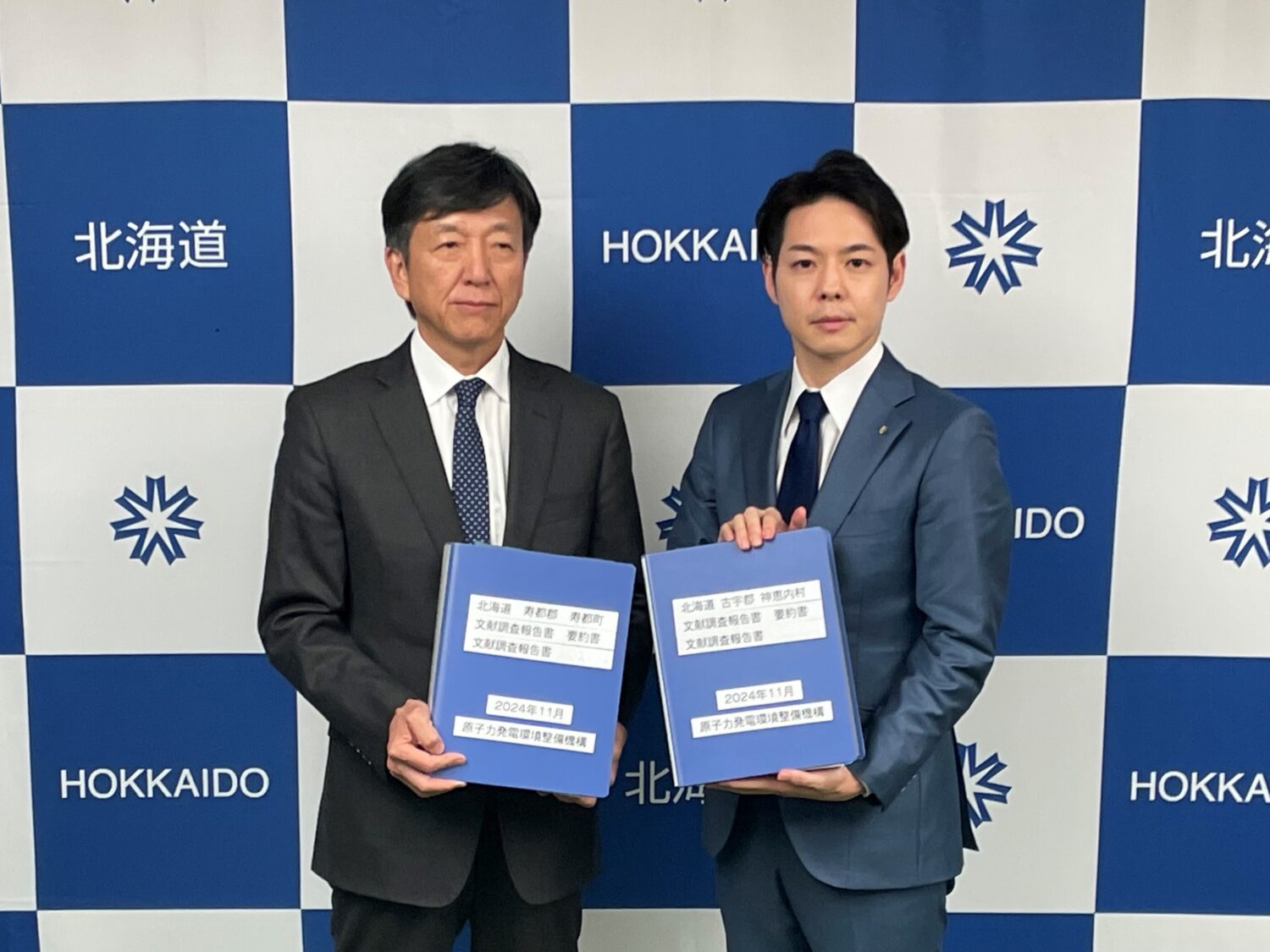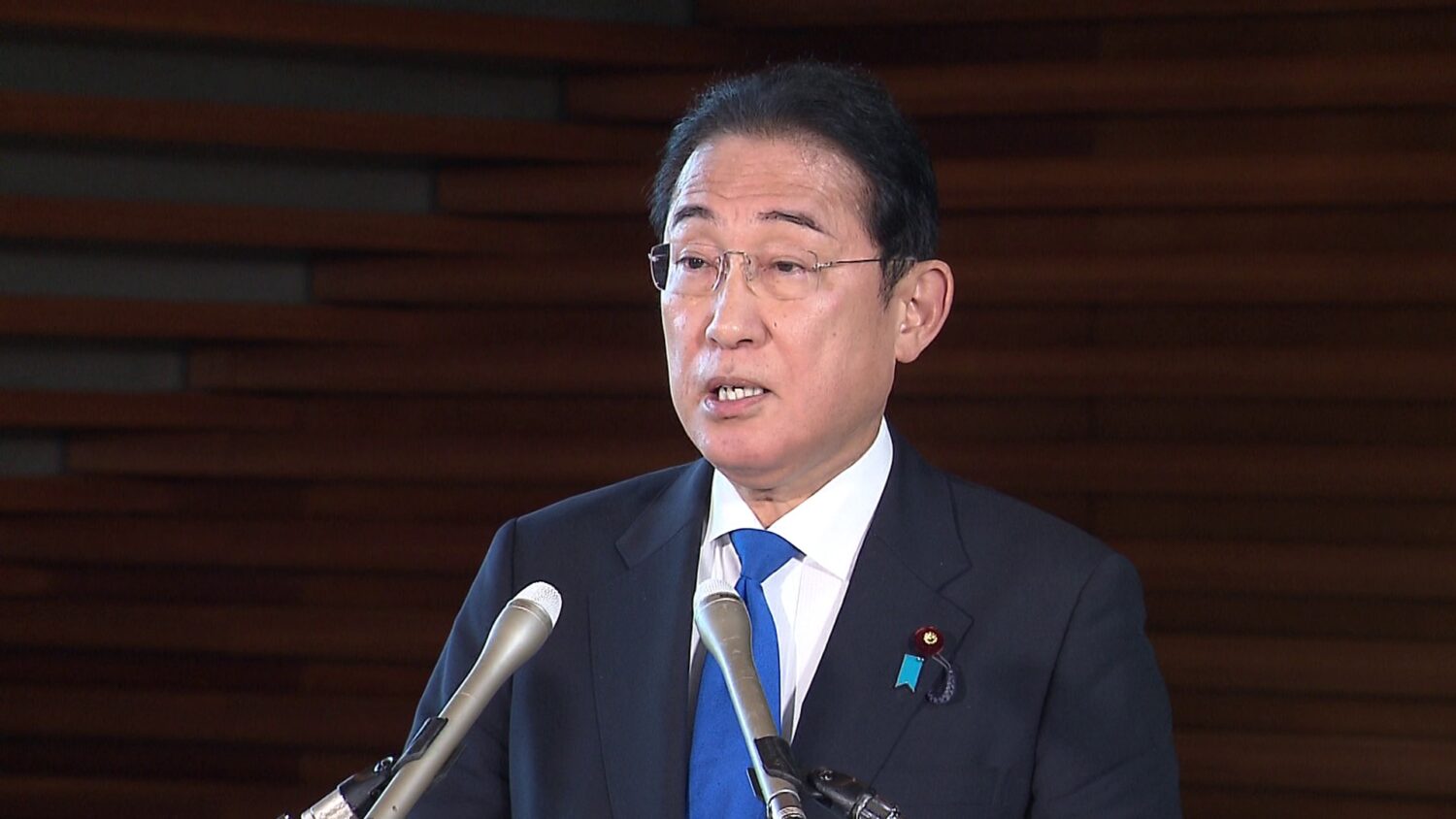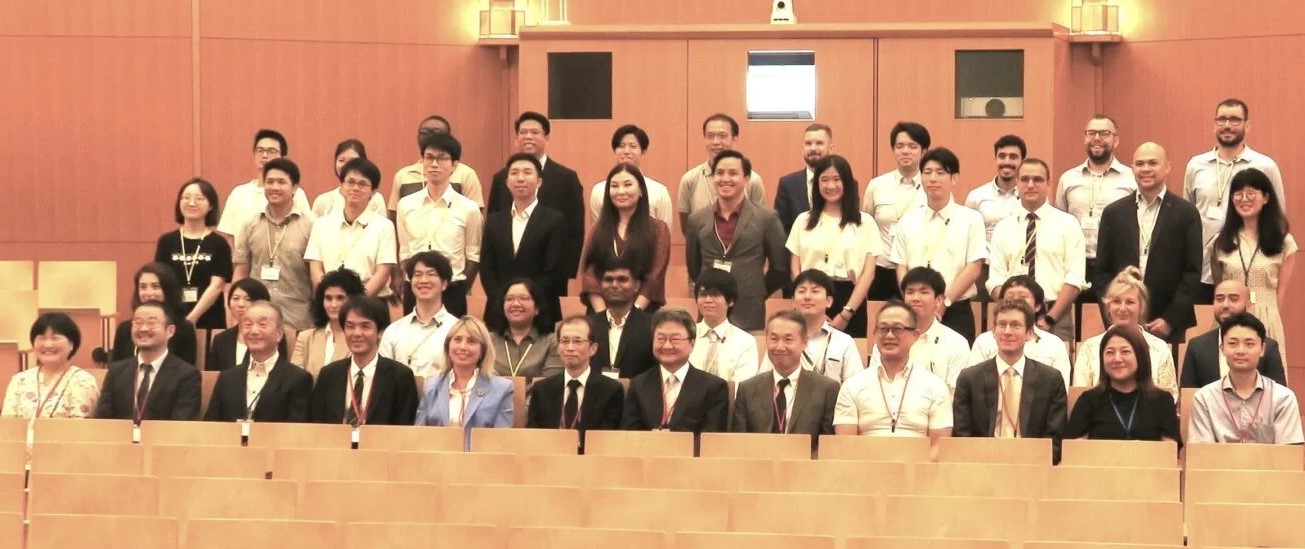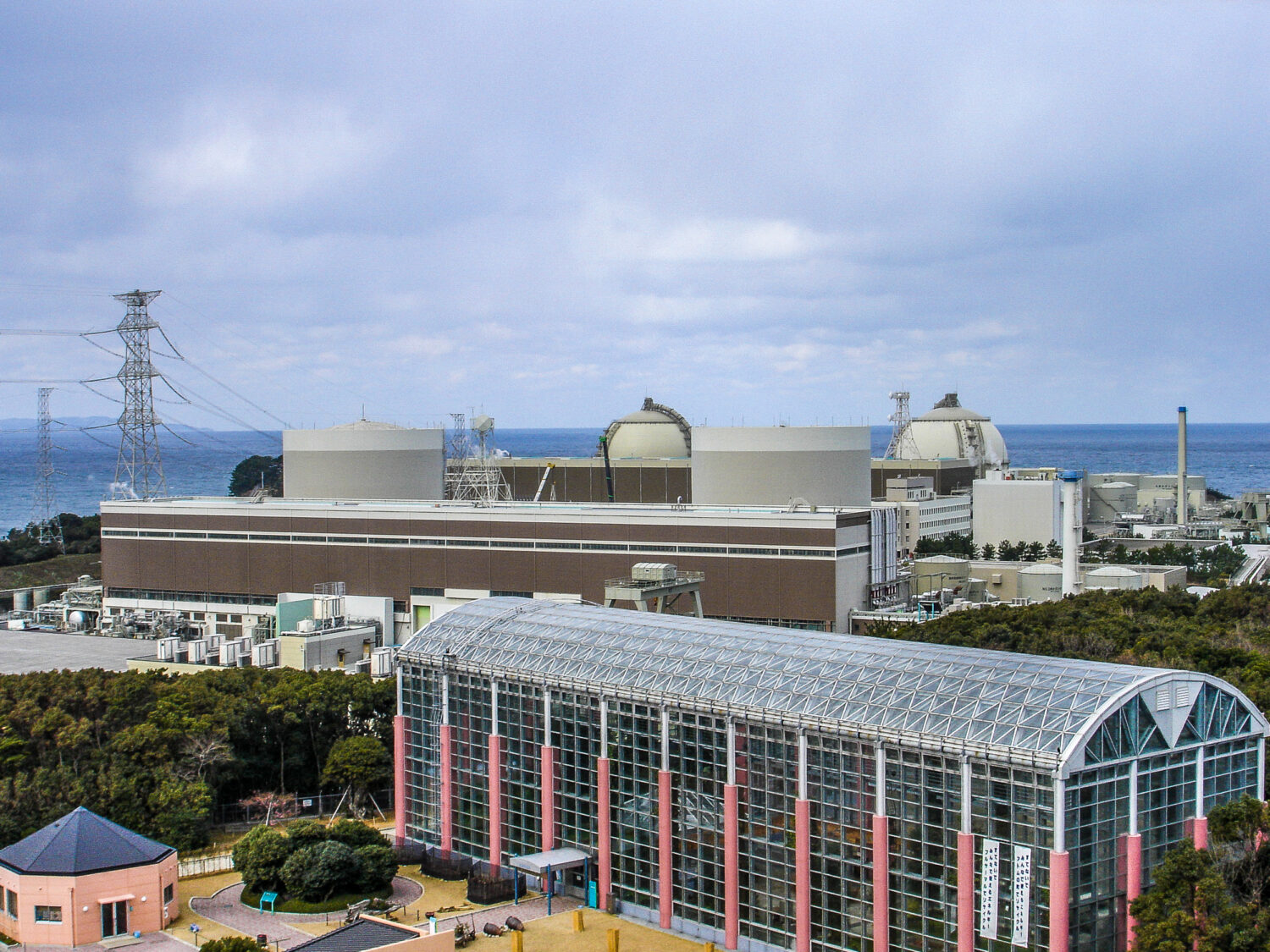On May 20, during his meeting with the director general, the prime minister praised the IAEA’s efforts to secure the safety of nuclear power facilities in Ukraine.
He also expressed Japan’s gratitude for the Agency’s cooperation on safety in the handling of water treated by the Advanced Liquid Processing System (ALPS-treated water) at the Fukushima Daiichi, and said that “continuing the IAEA’s scientific, objective reviews in anticipation of release of the ALPS-treated water into the sea was very important in obtaining understanding domestically and internationally. The Japanese government,” he said, “would continue to respond to the matter with transparency.”
Grossi responded, “The military invasion of Ukraine by Russia is simply unprecedented. Although conventional weapons are being used, soldiers are fighting where there are many nuclear facilities. We must confront some very severe challenges. There is nothing more important than ensuring the safety of nuclear facilities.” He then expressed his intention to visit the Chernobyl NPPs and the Zaporizhzhia NPPs soon.
In regard to the situation in North Korea, with its nuclear weapons and missiles, the two leaders agreed on the importance of cooperation between the IAEA and Japan.
On the same day, May 20, the IAEA director general met the press at the Japan Press Club for the first time. He talked about the Agency’s activities in promoting the peaceful uses of nuclear power. “At present,” he said, “nuclear power could be a solution to the energy crisis the world is facing, and on climate change issues.”
Grossi also said the IAEA would provide support to newly-emerging nuclear nations. Referring to examples of how nuclear technology is applied in such areas as public health, medicine, and agriculture, he emphasized that the IAEA is playing important roles in Iran and Ukraine and in nuclear development in North Korea, as well as on climate change measures and food security.
Asked by a reporter about the safety review of the handling of ALPS-treated water, the director general said that “the entire process will take a number of decades” and that long-term processes will have to be thoroughly carried out. He said that the IAEA would work on the review with an attitude of strict impartiality, based on internationally established safety standards. He also emphasized that it was important for the voices of the public in the affected areas to be respected to the maximum.
Previously, on May 18, Grossi had met HAGIUDA Koichi, head of the Minister of Economy, Trade and Industry (METI), and met Foreign Minister HAYASHI Yoshimasa one day later. The ministers then announced that their ministries would each contribute one million euros to, respectively, the IAEA’s Marie Sklodowska-Curie Fellowship Programme (MSCFP) to support young women researchers, and Rays of Hope, the IAEA’s new cancer initiative to establish and promote radiation cancer therapy in developing nations.
At a lecture presentation on Rays of Hope given at a hotel in Tokyo, and hosted by the Japanese Society of Nuclear Medicine and two other academic groups, Grossi explained that “more than 70% of the population of Africa has no access to radiation therapy, and more than twenty nations have no radiation therapy facilities or equipment.” He asked related Japanese associations and companies for their understanding and support of the initiative.



